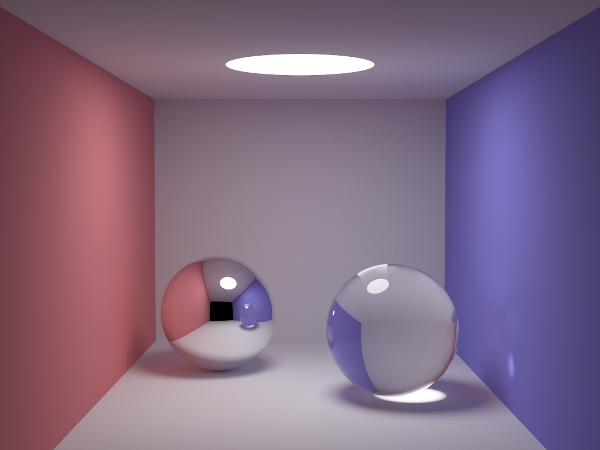Two commutes with Rust
Over the last couple of commutes to and from work I’ve been
playing with Rust, which went v1.0 over the weekend.
Rust is touted as a systems language in the same vein as C, C++ and to a
lesser extent, Google’s Go. It offers both high level
abstractions like generic programming and object-orientism while also giving
access to lower-level facilities like fine-grained memory allocation control
and even inline assembly.
Critically for me, it has a “only pay for what you use” mentality like C++, a
well-sized standard library and runtime, and no garbage collection. It’s
quite feasible to use Rust to make a “bare metal” system in (for example,
Zinc).
